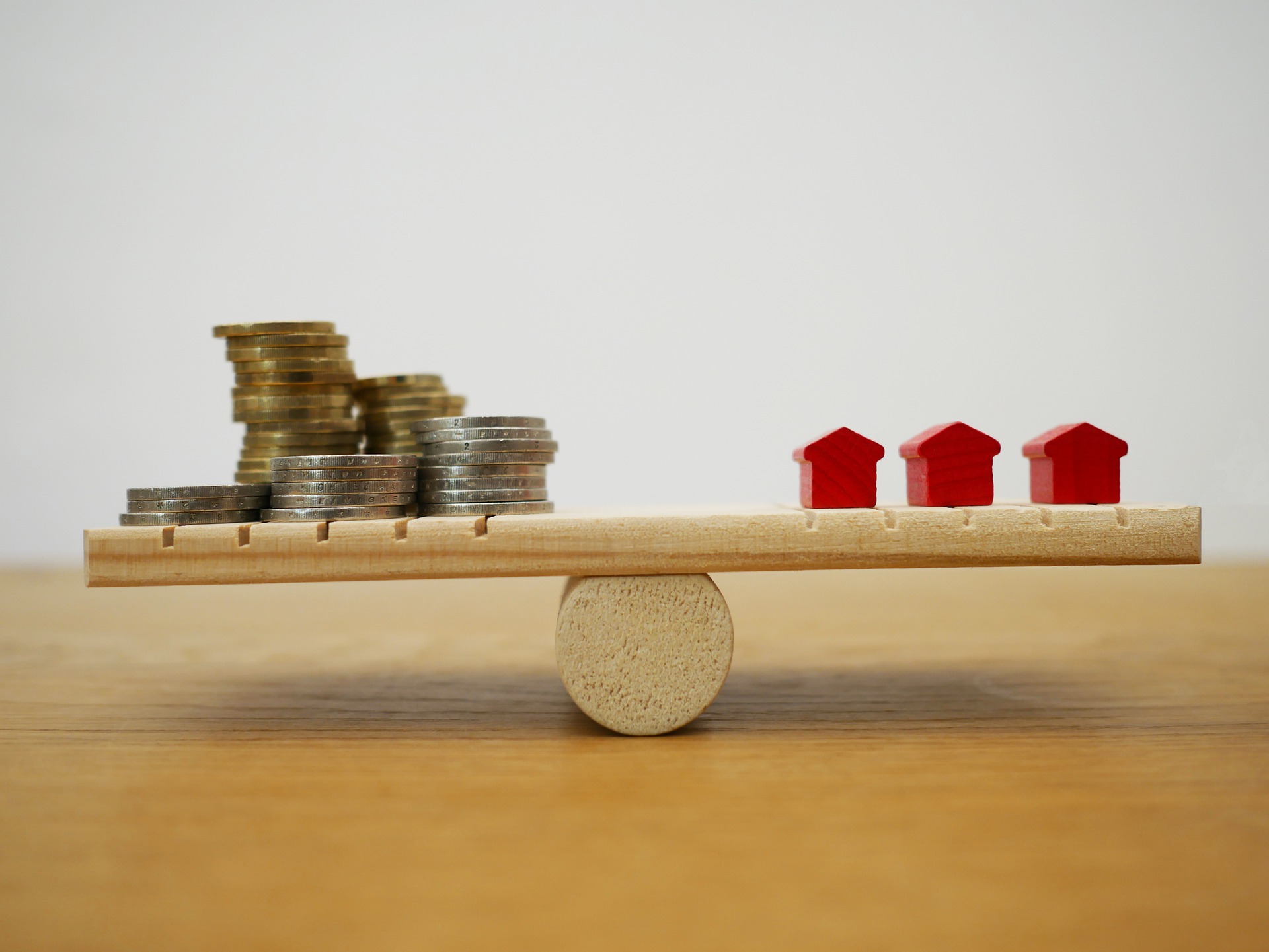UK house prices are set to tumble in the coming months, following the government’s announcement of lockdown extension. With the housing market already at a nearly complete halt, with many property instructions and mortgage approvals put on hold, house prices will almost inevitably fall in the coming months. The question is: ‘by how much’?
The Centre for Economics and Business Research (CEBR) has published a new forecast of the economic shock that will follow the Covid-19 pandemic. Citing research carried out by the Cambridge-INET institute, CEBR predict a 35 per cent reduction in income for UK households, with economic activity already down 31 per cent since the beginning of the pandemic.
What do these figures mean for house prices? A 13 per cent reduction by the end of 2020, according to the Centre – far harsher than the impact of Brexit over the past four years.
If you’re planning on selling, these are stark figures. How likely is this prediction to come true? Kate Faulkner, property analyst and expert at Propertychecklists.co.uk, gives her view:
‘The effect on house prices will be determined not just by how bad things get economically, but most importantly how long it goes on for. Scenario one could be a “short, but very sharp shock” and if we get back on our feet, prices may fall slightly – more if an area is particularly badly affected.
‘Scenario two would be a longer impact with prices falling maybe 10 per cent or more due to unemployment and difficulties accessing finance.
‘Scenario three could be back to the days of the credit crunch where a recession hit hard for several years and prices fell by around 20 per cent, more in some areas.’
However, as Kate explains, the biggest factor that will determine which scenario will come to pass is going to be people’s behaviour after the lockdown rules are finally relaxed:
‘Will [people] want to stay put more, limiting properties for sale? Will they want to move more, improving stock levels? Will people feel much poorer, reducing confidence to move in the future? Until the market opens up again and we know if we are in for a short sharp shock or a longer running recession, predicting the market is going to be difficult.
‘However what we do know is, that even in a recession, people still need to move and over 50 per cent of people in England own their home outright, so can continue to buy and sell with cash. Whether you decide to move this year or not very much depends on your local market and your personal circumstances.’
The difficulty in predicting what house prices will do in the coming months is exacerbated by the scarcity of current available information. In fact, there are so few homes up for sale right now that the property portal Rightmove has been unable to produce its monthly report on property trends, for the first time in the portal’s history. There simply aren’t enough property transactions to be statistically meaningful, Rightmove said.
Some experts are predicting a significant decline in property transactions throughout 2020, potentially even late into the year. The Zoopla House Price Index estimates a whopping 60 per cent decline in the next quarter. This means that both buying and selling will slow down dramatically.
This isn’t necessarily bad news, however: because both supply and demand are going down, those who still are looking to buy won’t be scrambling for a tiny number of properties, because far fewer people will be looking. It’s true that their may be less choice, but there still will be houses available.
If you are planning on buying in 2020, take heart: once the lockdown restrictions are lifted and lenders restore the full range of mortgage offers, the climate for buyers will be very auspicious indeed, with low interest rates on mortgages and falling house prices.
BY ANNA COTTRELL
Source: Real Homes

